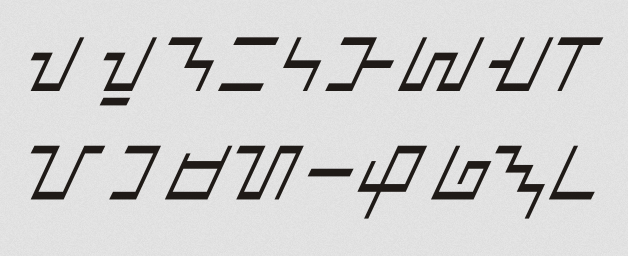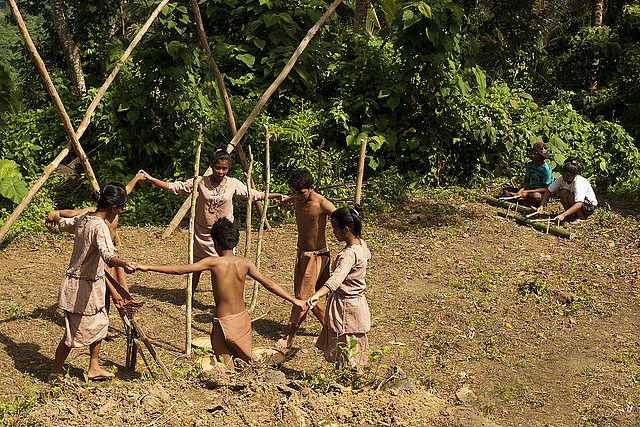On the website of the 2019 International Year of Indigenous Languages, Dr. Edwin Antonio announced that he will be offering a program that will seek to revive and strengthen the traditional language of the Buid. According to the announcement, the program was planned to run from June 2 at 9:00 am through August 31 at 5:00 pm.

Dr. Antonio works under the auspices of the Katutubo Exchange School of Living Traditions, an institution that he founded six years ago to promote the indigenous societies in the Philippines. He explained to a reporter in October 2018 covering a different program sponsored by his organization that his group serves to “empower indigenous young people. It is a way to make them realize their potentials especially that it’s the first time [for] the majority of the participants to travel outside their communities… They were able to experience local culture and in turn shared proudly of their indigenous cultural heritage [at the program.]”
His program this summer will focus on the Surat Mangyan, the syllabaries of the Buid and their Mangyan neighbors at the southern tip of Mindoro Island, the Hanunoo. The syllabaries, declared a National Cultural Treasure in 1997, are no longer taught so they are being forgotten.

The overall purpose of the summer program is stated as “capacity building,” education jargon which another page in the IYIL website defines as “Delivered expanded educational capacity to provide more equitable and inclusive access to education in areas where indigenous languages and traditional knowledge feature prominently, the improvements being derived from new and open educational resources associated with relevant learning strategies, progressive teaching methods and teacher education …”
Jargon aside, perhaps the most significant part of Dr. Antonio’s announcement is the last sentence, where he declares that, in addition to the use of the script, he hopes to promote in the daily lives of the Buid their appreciation for their traditional love poetry, called “ambahan.”
Earlier news stories in this website in 2011 and 2016 go into some detail about the importance to the Buid of their ambahan, details that don’t need to be repeated. It is sufficient to say that their tradition of reciting love poetry in an archaic language and style at the appropriate times and places is an important factor in promoting the peaceful characteristics of the society.
The people will express the routine, day-to-day thoughts in their ordinary Buid language—“Do I have time to do some farm work this afternoon before supper?” But the critically important messages traditionally have been conveyed with ambahan—“you are looking especially gorgeous this evening!” Dr. Antonio will perform a service to peacefulness if he can reignite the interest of the Buid youth in their love poetry tradition.